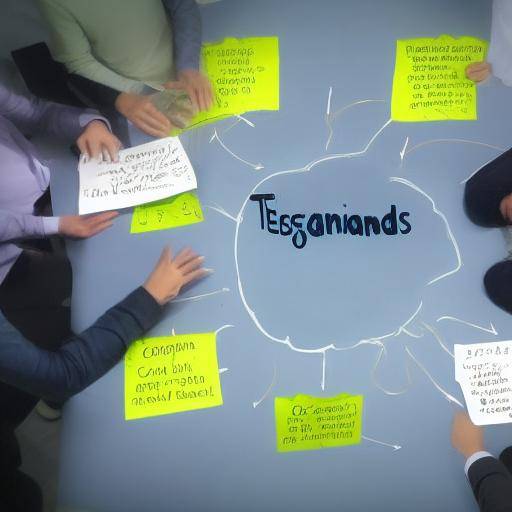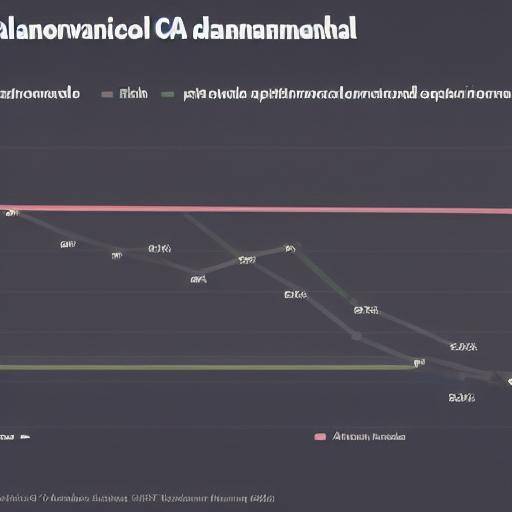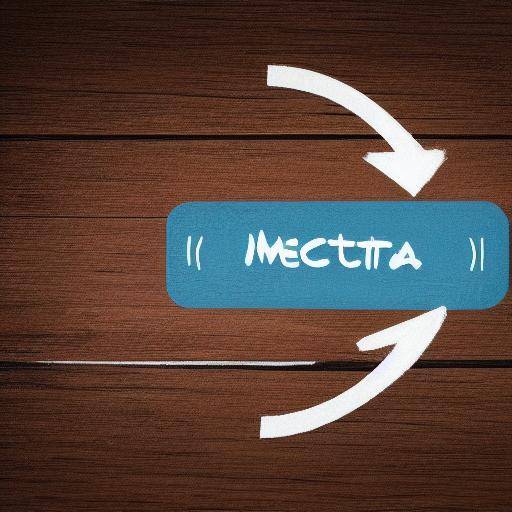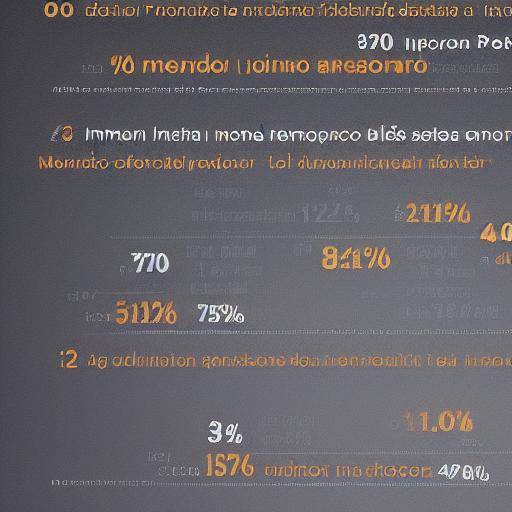
Introduction
Decision-making is a key process in personal and professional life. We often face situations where we need to evaluate different options and choose the best. In this process, constructive criticism plays a crucial role in providing invaluable feedback. In this article, we will explore the impact of constructive criticism on decision-making, the influence of planning on this process and how these practices intertwine to optimize results.
History and Background
Decision-making has been an issue of interest since time immemorial. In ancient times, political and military leaders faced decisions that could change the course of history. Philosophy and psychology have influenced the modern understanding of decision-making, highlighting the importance of reasoning, intuition and analysis.
Constructive criticism has become a fundamental pillar in professional and academic environments. It emerged from the need to provide feedback effectively without demotivating the receiver. The evolution of this practice has transformed leadership and management approaches, promoting an environment of growth and development.
Analysis in Deep
In analyzing the influence of constructive criticism in decision-making, we cannot ignore the significant benefits it brings. Constructive feedback not only allows to identify areas of improvement, but also promotes innovative solutions by fostering creativity and critical thinking.
However, constructive criticism also poses challenges. The perception and interpretation of feedback can vary, which often generates conflicts. However, its strategic incorporation into the decision-making process can maximize its positive impact.
Comprehensive review
The relationship between constructive criticism and planning is critical to understanding how they influence decision-making. Strategic planning provides a framework for assessing and implementing feedback received, allowing informed and objective decision-making.
By comparing different decision-making approaches, we find that those who integrate constructive criticism and planning tend to be more solid and effective. These methods offer a greater probability of success and a lower propensity to errors.
Practical Tips and Accessible Advice
When seeking to maximize the impact of constructive criticism on decision-making, it is crucial to establish an enabling environment for implementation. Clearly communicating the objectives, maintaining open channels of dialogue and fostering a culture of continuous improvement are fundamental steps.
Incorporating constructive feedback into decision-making also requires active listening skills and empathy. Leaders and professionals who dominate these skills can enhance the positive impact of constructive criticism, generating significant results.
Conclusions
In conclusion, constructive criticism significantly influences decision-making, providing a valuable perspective that improves the quality of results. By integrating it with planning, an enabling environment for informed and strategic decision-making is created. Recognizing and harnessing these practices can make the difference between success and stagnation in all types of environments.
Frequently asked questions
1. How does constructive criticism influence decision-making?
Constructive criticism provides an objective vision and diverse perspectives that enrich the decision-making process. By identifying opportunities for improvement and potential challenges, it contributes to more informed and effective decision-making.
2. Why is planning in decision-making important?
Planning provides a structured framework for assessing and implementing feedback received through constructive criticism. It allows different scenarios, risks and opportunities to be considered, and steps to be taken more clearly, enriching and supporting the decision-making process.
3. What is the impact of constructive criticism on productivity?
Constructive criticism, when effectively managed, can increase productivity by identifying areas of improvement and fostering innovative solutions. By feeling valued and heard, team members tend to be more committed and motivated to achieve exceptional results.
4. How to manage constructive feedback in a working environment?
Managing constructive feedback implies establishing a culture of openness, respect and trust. Providing balanced and growth-focused feedback, as well as encouraging active participation, are key elements to ensure that constructive criticism is perceived as an asset for personal and professional development.
5. What is the role of empathy in managing constructive feedback?
Empathy plays a key role in managing constructive feedback. By understanding individual emotions, concerns and perspectives, leaders and colleagues can provide feedback more effectively and collaboratively, which strengthens the positive impact of constructive criticism on decision-making.
6. How can leaders promote a culture of constructive criticism in their teams?
Leaders can promote a culture of constructive criticism by establishing clear expectations, fostering active participation, and recognizing and rewarding constructive feedback. By modeling constructive behaviors and providing resources for the development of feedback skills, leaders can cultivate an environment that values and maximizes constructive criticism in decision-making.
7. What are some tactics to receive constructive criticism effectively?
Receiving constructive criticism effectively implies adopting an open mindset, being willing to learn and take into account multiple perspectives. Actively listening, asking questions for clarity and commitment to action to implement improvements are key strategies for constructive and proactive feedback.
In short, constructive criticism and planning are intertwined significantly in the decision-making process, offering valuable insights that enrich decision-making and promote continuous improvement. By recognizing their importance and strategic implementation, individuals and organizations can boost significant growth and achieve outstanding results.






















































